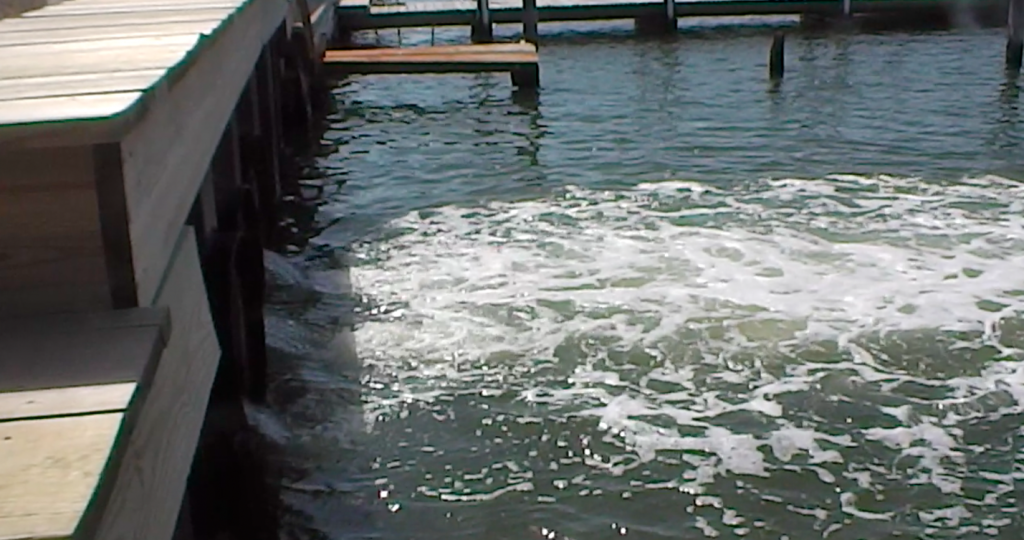Gov. Phil Murphy signed a controversial bill derided as a “rain tax” into law Monday, but Ocean County officials said they doubt an effort to form new government agencies that would impose the tax will find support here.
While it makes for entertaining headlines, calling the measure a “rain tax” is a bit of a misnomer. The law, most significantly, is not a blanket tax on New Jersey residents. Instead, it allows municipalities or counties to set up stormwater management authorities – similar to municipal utilities authorities – to levy a property tax based on the amount of impervious surface one’s property takes up, such as driveways, patios and roofs. In other words, for the tax to affect someone, their local or county elected officials would have to approve the creation of such an authority to actually levy the tax. The authorities, in turn, would tax residents within their jurisdictions and direct the money toward improving and building stormwater management infrastructure.
“Right now, I’m not in favor of it,” Ocean County Freeholder Director Virginia Haines told Shorebeat. “If we do this tax, we have to set up a whole other board and from whatever we charge, we send so much from the state.”
|
|
Haines said the entire board hasn’t discussed the tax, but she doubts it would gain traction. When the bill was previously vetoed by former Gov. Chris Christie, the freeholder board had publicly opposed the legislation and called on Christie to reject it.
“From what I understand, in the past, they were not in favor of doing it,” said Haines, a former member of the state Assembly.
Proponents say New Jersey counties and municipalities should have a way to raise money to improve the environment and stunt the amount of runoff that makes its way into waterways. Those against the bill argue that New Jersey’s highest-in-the-nation property taxes are already having a negative effect on the economy and the creation of new authorities would likely lead to more patronage jobs and contracts for politically-connected engineering and construction firms.
Freeholder Joseph Vicari also said he could not envision the board approving a new taxing entity.
“Right now in Ocean County, we don’t need another tax,” said Vicari. “If there is an issue, we can take care of it, but this is not the right time with Governor Murphy raising taxes $1.5 billion. They raised the gasoline tax, they raised the Parkway tolls, and people can no longer afford more taxes.”
“It’s getting down to people being able to put food on the table,” he added.
Vicari doubted his fellow freeholders would support such a measure, and said the county already dedicates funding to the environment.
“We’ve always done our part as far as the environment,” said Vicari. “We preserved 60 percent of the land in Ocean County, we have a very aggressive program as far as cleaning storm drains and recycling.”
Both counties and towns would be able to create the authorities under the law. Locally, Brick Mayor John Ducey has announced publicly he would not be in favor of creating one in his town.

Advertisement

Police, Fire & Courts
Grand Jury Indicts Point Pleasant Man, Once a Fugitive, for Attempted Murder









